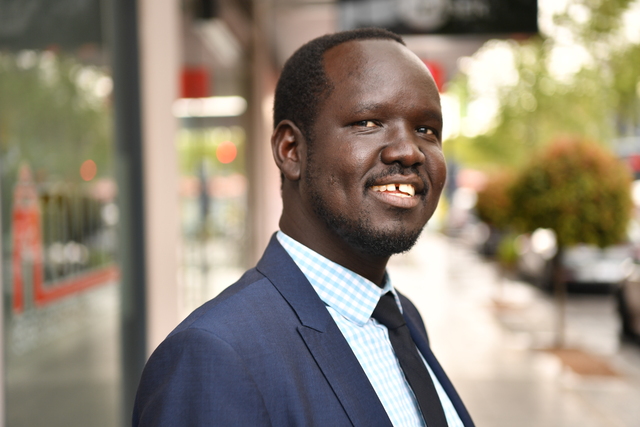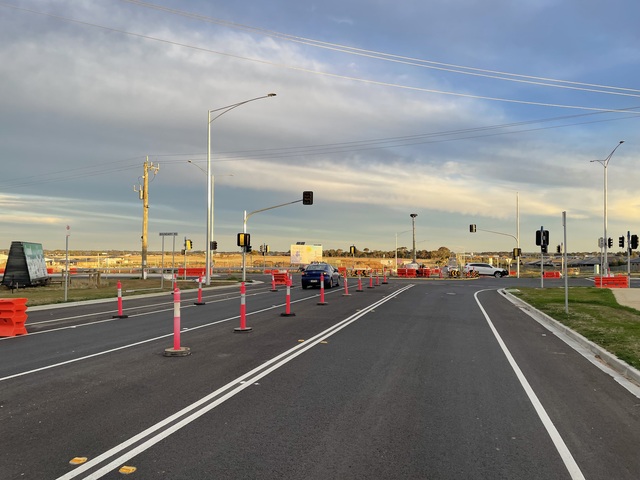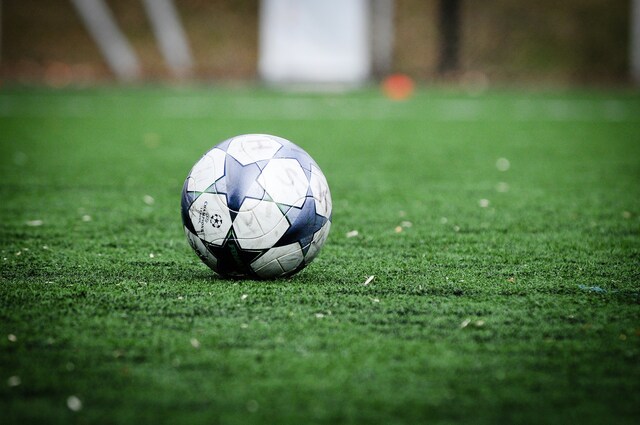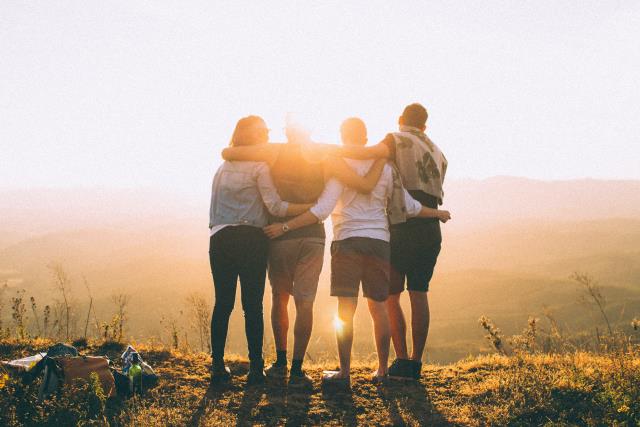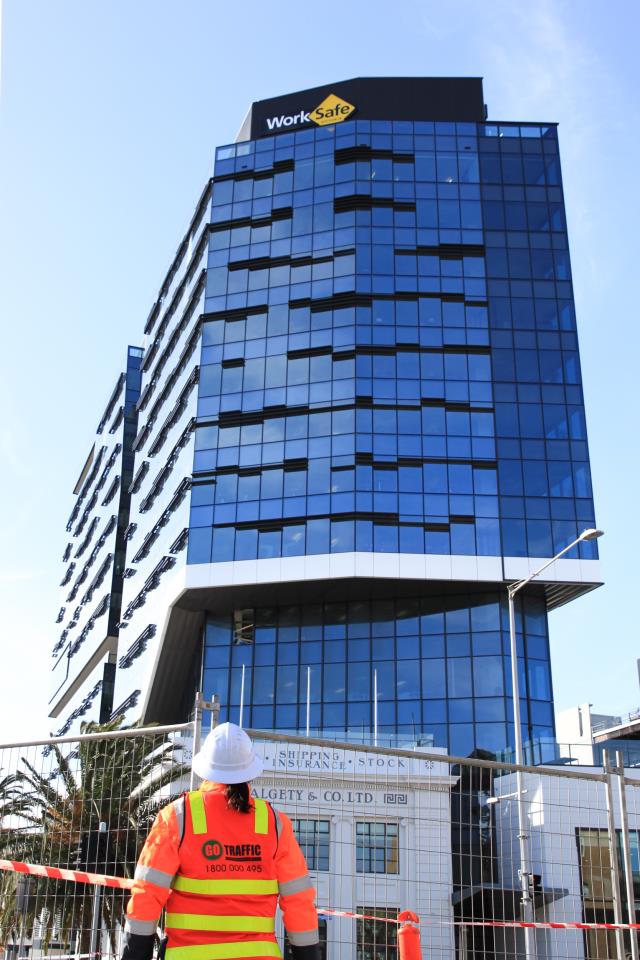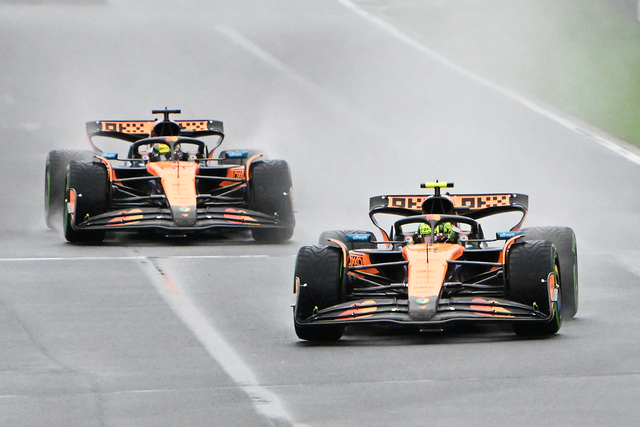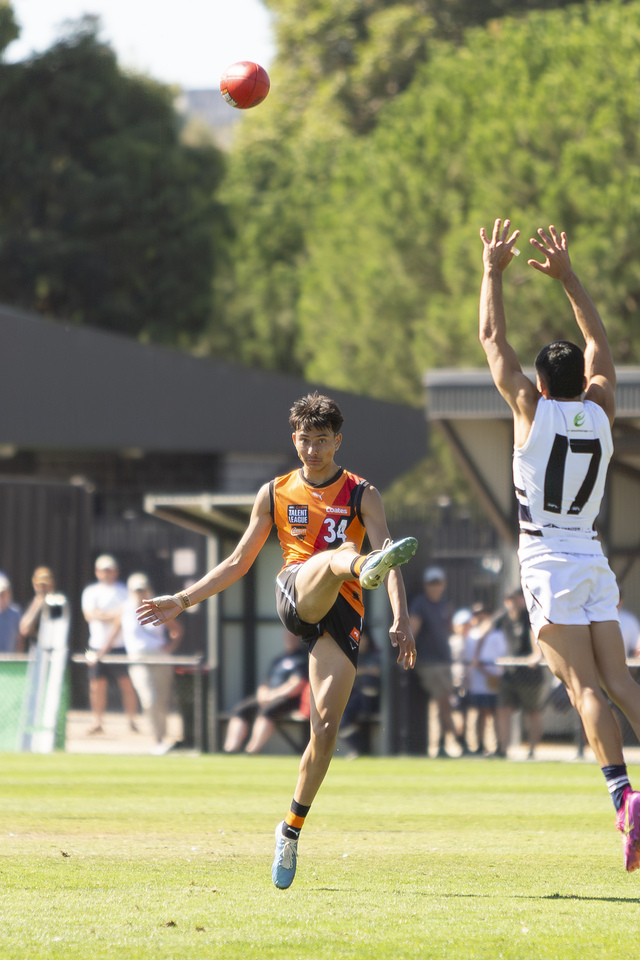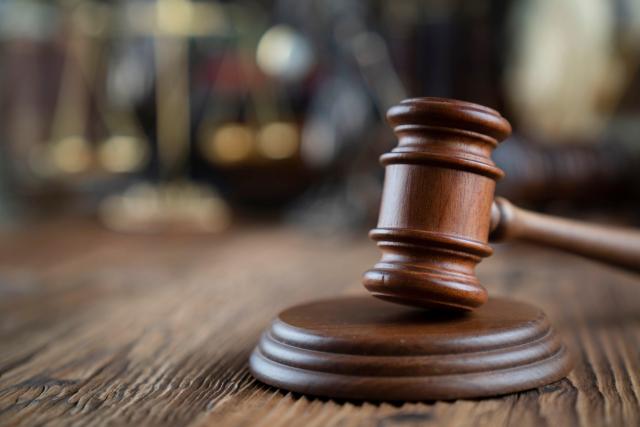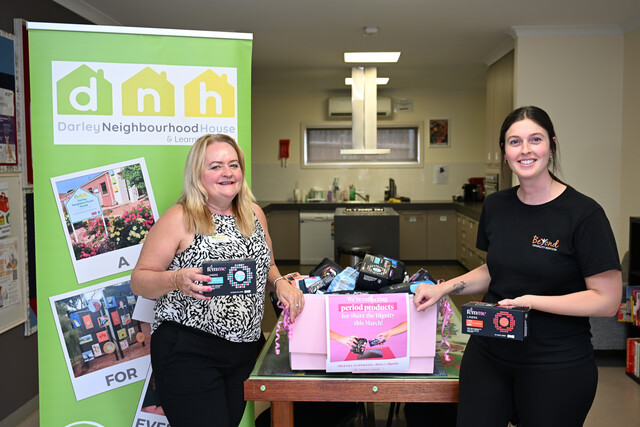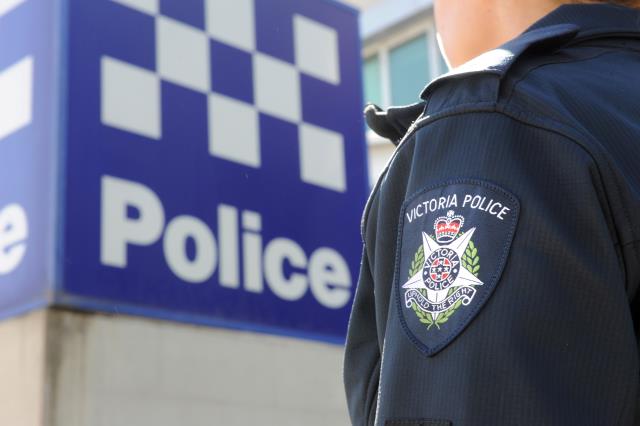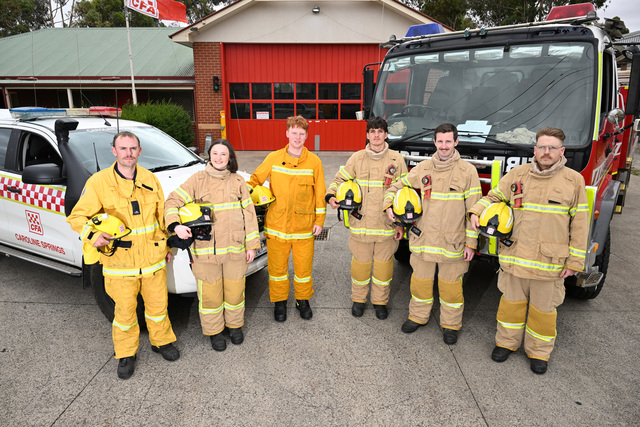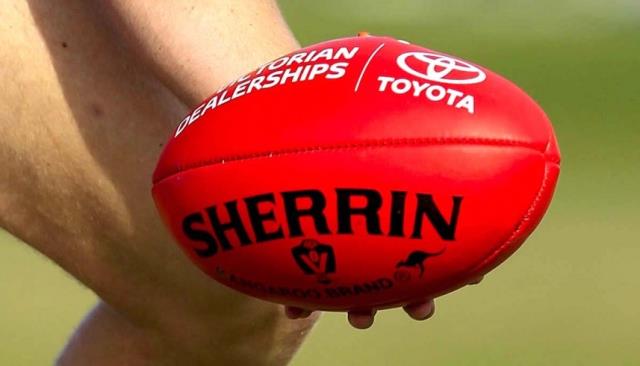Mawien Ariik is striving to follow in his father’s selfless footsteps. His father was killed in the war in Sudan and he was separated from his widowed mother, living in refugee camps before arriving in Australia. Now the Deer Park resident is working to improve healthcare in his family’s village, as Afraa Kori reports.
Deer Park’s Mawien Ariik is one of many war orphans alive today thanks to his father’s selfless sacrifice.
Born in war-torn Sudan and raised by his widowed mother, Mr Ariik was eventually separated from his family and spent many years in refugee camps in Uganda and Kenya before arriving in Australia in 2005.
“Ever since my father was killed in the war, I took it positively and didn’t cry at that time. He fought for my freedom, now I’m free, safe, and living in a great country,“ he said.
“Given the opportunities I have in Australia, his sacrifice inspires me to give back to those he fought for and make a difference in his honour. I’m also inspired to pass forward the help that I received from people who helped me during my disruptive childhood and helped me come to Australia as a young refugee boy. I want to leave a legacy as someone who was helped and continues to help others.“
When Mr Ariik returned to his home village as an adult, he was devastated to see people still suffering after his father had fought and died for them to be free.
“I went back to Sudan in 2017 and saw that nothing has changed since I left as a little kid,“ he said.
“When the war was happening, it stopped people from providing basic health care services, and I thought after Sudan’s independence, these services would be delivered to people. There’s still nothing in the village where I was born and where my family lives, even in the capital city [Juba] people are sick on the floor when they go to a public hospital.
“The health conditions affected my family members and I lost one of my nephews because of the outbreak of disease in the village. My sick grandfather was hand-carried by 10 villagers for over 10-hours to get him to medical care. Young girls are also missing a lot of days of school due to having no access to menstrual products.”
After noticing the need for sustainable healthcare initiatives and health education programmes, Mr Ariik and his friends launched South Sudanese Health Matters Incorporated (SSHMI), a non-government and non-profit organisation to improve the health and life chances of people living in Sudan.
Over the course of 12 months, SSHMI supplied over 1000 sanitary hygiene kits to girls and women in Lou-Ariik village, as well as employing and training community health workers to educate the community about hygiene practices.
SSHMI is now progressing with its long-term projects to build and maintain a primary health care clinic and school within Lou Ariik.
“Before my father passed, he said he’s a chief of the orphans and the needy and that’s exactly what he did for 55 years in his village,“ Mr Ariik said.
“So we put a memorial clinic in his honour and hopefully expand this vision to other villages. I might not be able to impact the whole village but I’ve got to start somewhere and there might be other people later on in that impact journey that will join me.“
For the Dhour Ariik memorial clinic, SSHMI raised $25,756 with the support of diverse communities at its first fundraiser in Braybrook.
It featured diverse speakers, including Western Health junior medical doctor Anei Ochan-Thou, Melbourne University postdoctoral research fellow, Dr Mark Deng, Shepparton registered nurse Akuot Wundit and Geelong author Kgshak Akec.
“The fundraiser’s theme was resilience and we carefully selected a young group of panellists, to discuss their experiences and their journeys, whether it’s schooling, work or life. So we were raising funds for the good cause and at the same time, motivating and mobilising the community,” Mr Ariik said.
“The goal was to leverage this to champion and advocate for basic services like healthcare, schools and menstrual products for the people in the village. If you see something wrong and you don’t say or do anything, then you are the same or equal to the person committing those atrocities or denying basic health services to the people. It’s a collective responsibility, if we join hands that will make a difference.“
Melton resident and SUDD foundation founder Ambrose Mareng is another South Sudanese who recently visited his country of birth. He said many Sudanese-Australians will depend on SSHMI as a lifeline to bring health care services to their extended family in Sudan.
“South Sudanese Australians are directly affected, as they have family in South Sudan. The dire situation there – a maternal mortality rate of 1 in 10, for example – weighs heavily on them,” he said.
“To my knowledge, Mawien is the first member of the South Sudanese diaspora in Australia to initiate building a hospital back in South Sudan … Sudanese Australians want to help but may not know how. They need systems in place, motivation, and encouragement. Seeing progress like this would spur them on.
“Existing healthcare facilities are primitive and far from the neediest areas. The area where the proposed hospital would be built is 200 miles from town and conditions deteriorate every rainy season. Heavy rains and flooding cut people off from towns; makeshift roads wash away. In emergencies, people die because there’s no way to transport patients to hospitals, even the hospitals themselves are poorly equipped.
“If the Australian community, both Sudanese and otherwise, support this effort, it could make a massive difference in the Tonj North Area of Warrap State. White Australians visiting or contributing to South Sudan would make a profound impact, changing lives with their skills, knowledge, and resources. By building the hospital, we send a message that Australians care about South Sudan and want to improve their lives there.”
Details: https://southsudanesehealth.org/donate/

